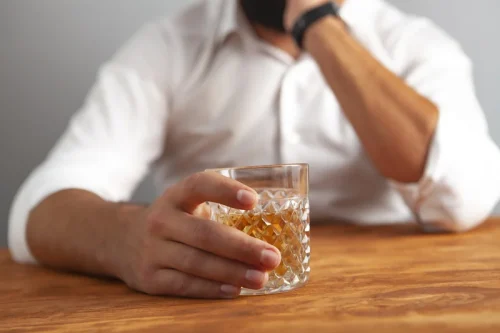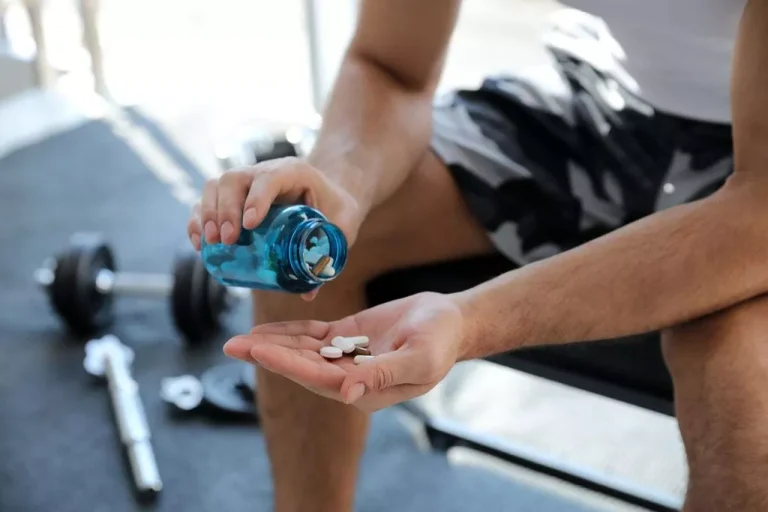
If the allergic reaction is more severe, people may require epinephrine, also known as an EpiPen. A person with severe allergies should carry one with them at all times, in case of a serious allergic reaction. Depending on whether a person has an alcohol allergy or intolerance, they may need to avoid alcohol entirely.
Side Effects of Mixing Alcohol With Caffeine
People with alcohol intolerance react quickly to consuming alcohol. Two common symptoms are facial flushing, in which the skin on the face quickly turns red, and nasal sneezing after drinking alcohol congestion. In some cases, reactions can be triggered by a true allergy to a grain such as corn, wheat or rye or to another substance in alcoholic beverages.

Can You Mix Ativan (Lorazepam) and Alcohol? Plus, 4 More FAQs About This Risky Combination
If people do not produce enough of this enzyme, they may not break down histamine efficiently, which may lead to intolerance symptoms. Alcohol allergy symptoms can range from mild, such as an itchy mouth or eyes, to severe, including vomiting or anaphylaxis. We will also look at what causes alcohol allergies and review the differences between alcohol allergy and intolerance. Those with a genuine alcohol allergy should completely avoid alcohol. Paying attention to which beverages cause symptoms can help people manage their alcohol intolerance.

Can alcohol-induced sneezing be a temporary reaction?
“You can get wheezing and asthma symptoms or hives,” said Bassett. Those who already suffer from asthma seem to be more vulnerable,” he said. She has tried different types of alcohol — vodka, whiskey or tequila — but she breaks out in hives and a fever.
- They can help you come up with a plan to manage your sneezing.
- A skin test is the standard diagnostic tool for finding out if someone has allergies.
- If you’re unsure whether you have an allergy or intolerance, consult with your healthcare provider.
- Some people sneeze after eating, but doctors still aren’t completely sure why.
- Some people may develop alcohol intolerance later in life as their body’s response to alcohol changes.
- “There are many possible reasons that alcohol may cause unpleasant symptoms that are not allergic in nature,” says Shaw.
- Drinking plenty of fluids will help to thin out the mucus in your nose and make it less likely to trigger a sneeze.
- Simply avoid alcohol, limit how much you drink or avoid certain types of alcoholic beverages.
- Non-allergic rhinitis is different from allergic rhinitis, which is caused by allergies such as hay fever.
- The implications may be more serious among people who are older or suffering from preexisting conditions, like heart or lung diseases, says Piano.
During alcohol detox, medication can ease your discomfort and prevent symptoms from worsening. This article explains why some people sneeze after eating, its causes, and tips to prevent it. Keep reading to learn more about why you sneeze after eating and how you can prevent sneezing fits after eating in the future. This article is not intended to be a substitute for professional medical advice or diagnosis. Always seek the advice of your physician or other qualified health provider with any questions you may have regarding a medical condition. Sulfites, histamines, and tannins are among some of the substances believed to contribute to a wine intolerance.
Inpatient treatment, which requires staying overnight at a facility, might be safest for those at risk of severe alcohol withdrawal symptoms. “Alcohol may in some people aggregate skin conditions like urticaria (hives),” says Nurse Shaw. Excessive acetaldehyde can lead to sickness, an irregular heartbeat and the aforementioned facial flushing. Taylor notes that sometimes an alcohol intolerance is the result of genetics. If a certain drink (or several) doesn’t agree with you, then steer clear. Those who have an allergy or intolerance to wine should follow the directions of their healthcare provider and may be asked to refrain from drinking red wine.

If your sneezing becomes a problem, try keeping a food diary and noting which foods make you sneeze. Avoiding those foods can help you avoid sneezing after eating in the future. Some people believe that a reaction to histamine causes symptoms after drinking red wine. Histamine is made during the production process of fermentation.
Food intolerance occurs when your digestive system has a hard time with a particular food. With intolerance or sensitivity, your digestive system gets irritated by certain foods or has trouble digesting them. More severe symptoms of a beer allergy include shortness of breath, swelling of the throat or tongue, and loss of consciousness. A food (or drink) intolerance is different from a food allergy in that intolerance is not mediated by the the immune system protein IgE. Since alcohol products originate from various sources, you may be intolerant to one kind of alcohol and not another. Depending on the allergy severity, a person may treat symptoms with over-the-counter medications, such as oral antihistamines, if the reaction is mild.
